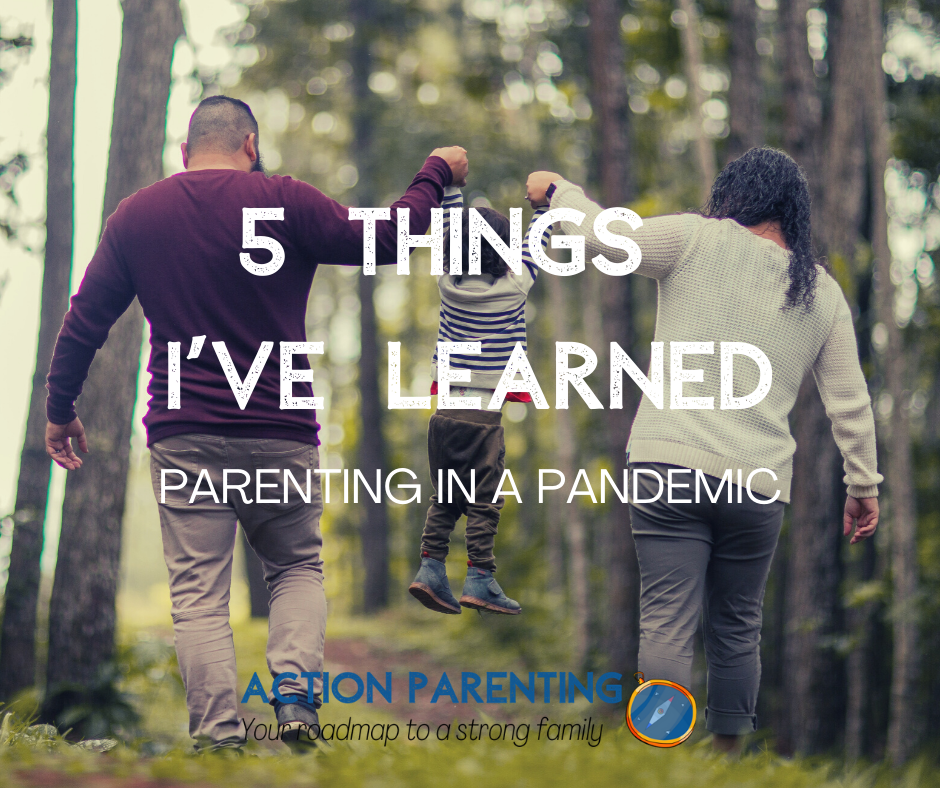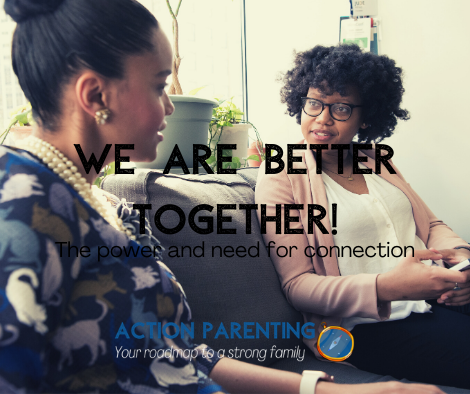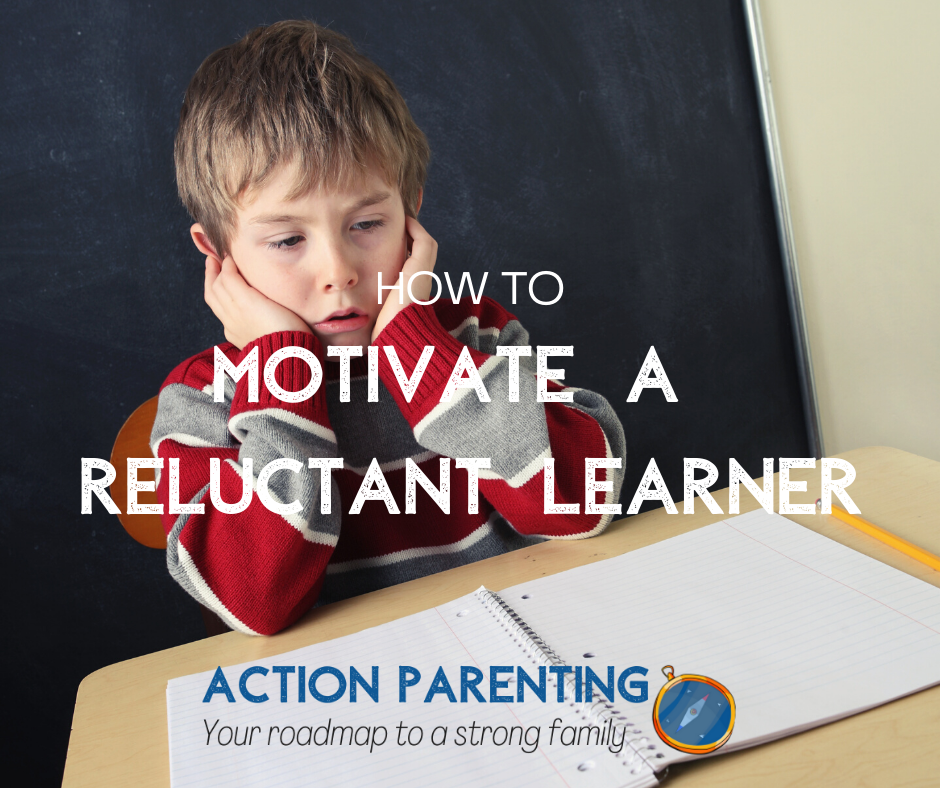#1 – The Unexpected CAN Happen, AND We Will Survive
If you told me last September that school would suddenly be forced to move to a virtual platform, that we would spend over six weeks quarantine at home, that I would not be spending my fall cheering on the sidelines of the football field, I would have laughed.
I really want to be able to promise my children that A+B always equals C but reality is so many things influence our experiences that we have no or limited control over. If I structure our lives around trying to cling to the assurance of specific things happening, we will be disappointed. It’s not that that I don’t think it’s important to dream and have a vision for the future we want. I absolutely believe that’s important. Dreams and goals move us forward into thriving and healthy life. However, the pandemic has once again taught me that I can make plans, dream, and continue show-up in the present moment, no matter what is going on.
#2 – Rhythms are Important
When our typical rhythms flew out the door in the spring, I quickly learned how valuable it is for our family to have some type of structure. By nature, I push back against regulated structure. I don’t like to make lots of future plans, I hate being told I have to something at a specific time, and if every day of my week is the same, I start to burnout quickly.
However, I have learned that it’s important for my family if we can give a little structure to our unstructured life. For example, going for a walk in the evening together is important. However, some nights we go before dinner other nights we go after dinner. It’s a rhythm that changes depending on the needs of the day.

#3 – What I Focus on Is Significant
In the first week of quarantine, I was struggling to fall asleep, stay asleep, and waking early in the morning. My mind was loud with worry and anxiety was screaming at me constantly. After four days of limited sleep, I knew something had to change.
First, I cut back on my intake of the news, specifically in the evenings. Then I started a nightly gratitude practice. I wanted to be mindful of the good things that happened each day within the chaos and crazy. There are some days that the gratitude flows freely and making a list of 4-5 things is easy. Other days it feels like a stretch, and I am grasping for the smallest things. But even on the hardest days, there is always something and by focusing on even the small things, it brings peace in the midst of the chaos.
#4 – Play Makes Everyone Happier
Yes, we can all agree that our kids need to play. It’s not only important for them physically, but they are learning about themselves and their world through play. In this season I’ve been reminded how important it is for me, as the parent, to play as well. To play with my kids and to play as an adult. Sometimes it’s as simple as turning up the music and dancing around the kitchen while making dinner. Other times it’s responding to a cranky kid playfully rather than with exasperation and annoyance. And it’s not just playing with my kids, in the midst of all the demands and crazy of work and parenting, it’s creating moments to do the things that bring a small to my face and laughter to my lips.
#5 – We Need Our People
I’ve always known that I do better when I’ve got safe and healthy people that I’m doing life with on a regular basis but this time of pandemic has reminded me how important it is for me and for my family. We all have different levels of need when it comes to connecting with people. Some of us need a lot. Others, it’s less. Wherever you are on the need scale, if we are completely isolated from other human connection, life gets really hard. So I encourage you to reach out to your people and stay connected. Because together we are better not only individuals but parents. And our kids need us.
We hear you parents and are offering a FREE gift to you right now. Our self-paced, online class, “Parenting in a Pandemic: Secrets to Survival,” is full of knowledge and survival skills that will help you not just survive but thrive through this season. Click here to get access to the class today!




